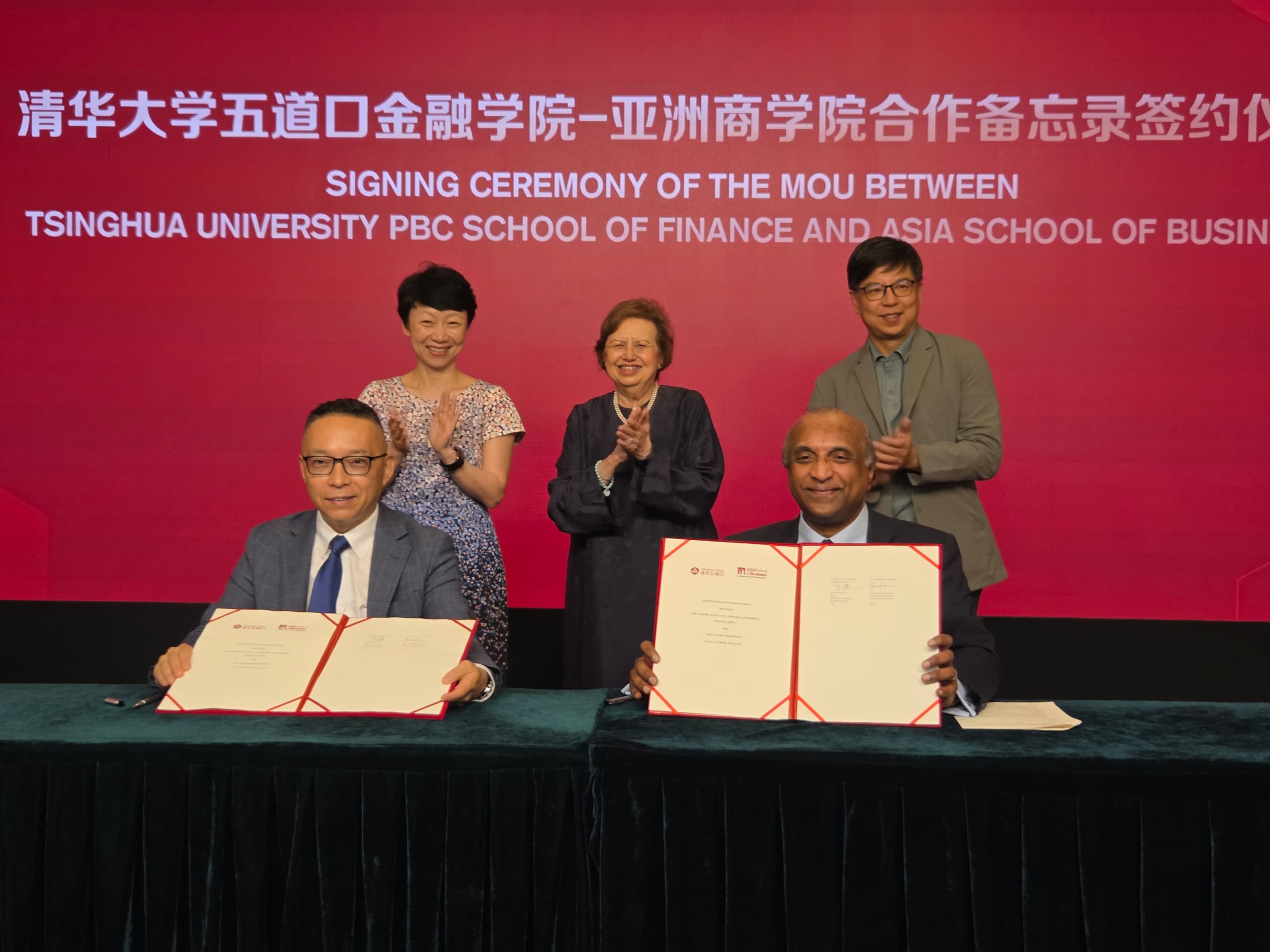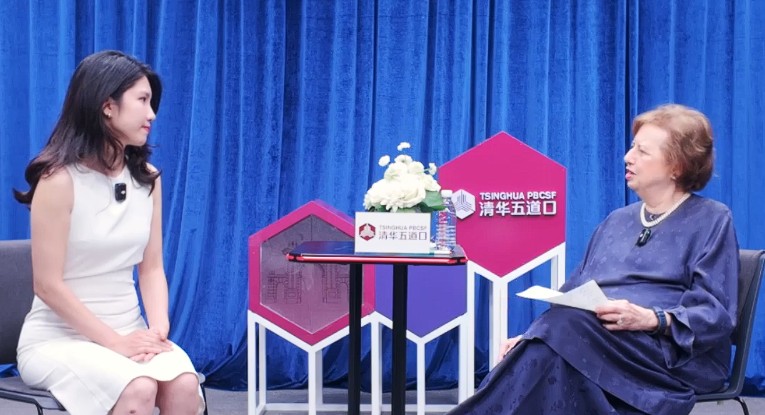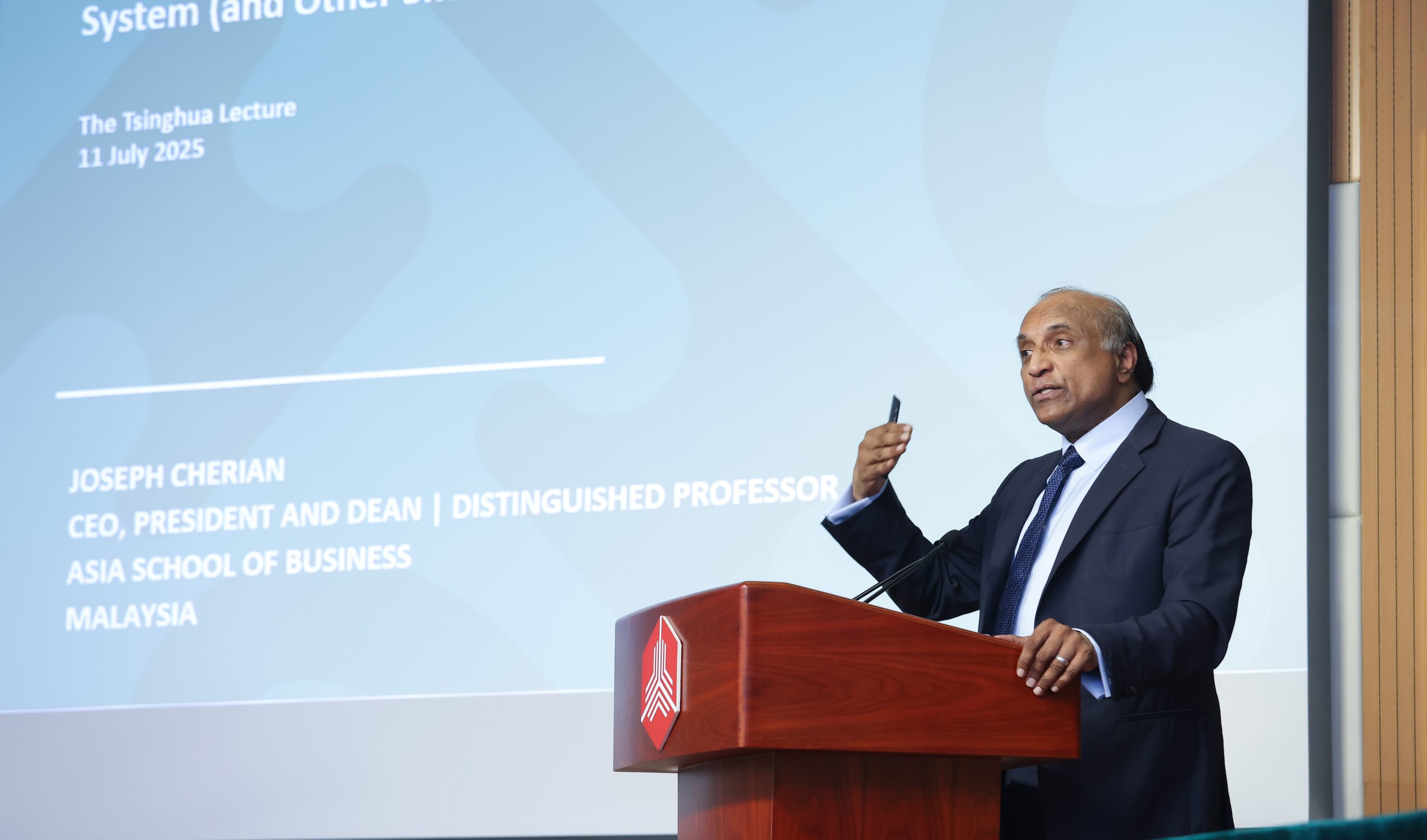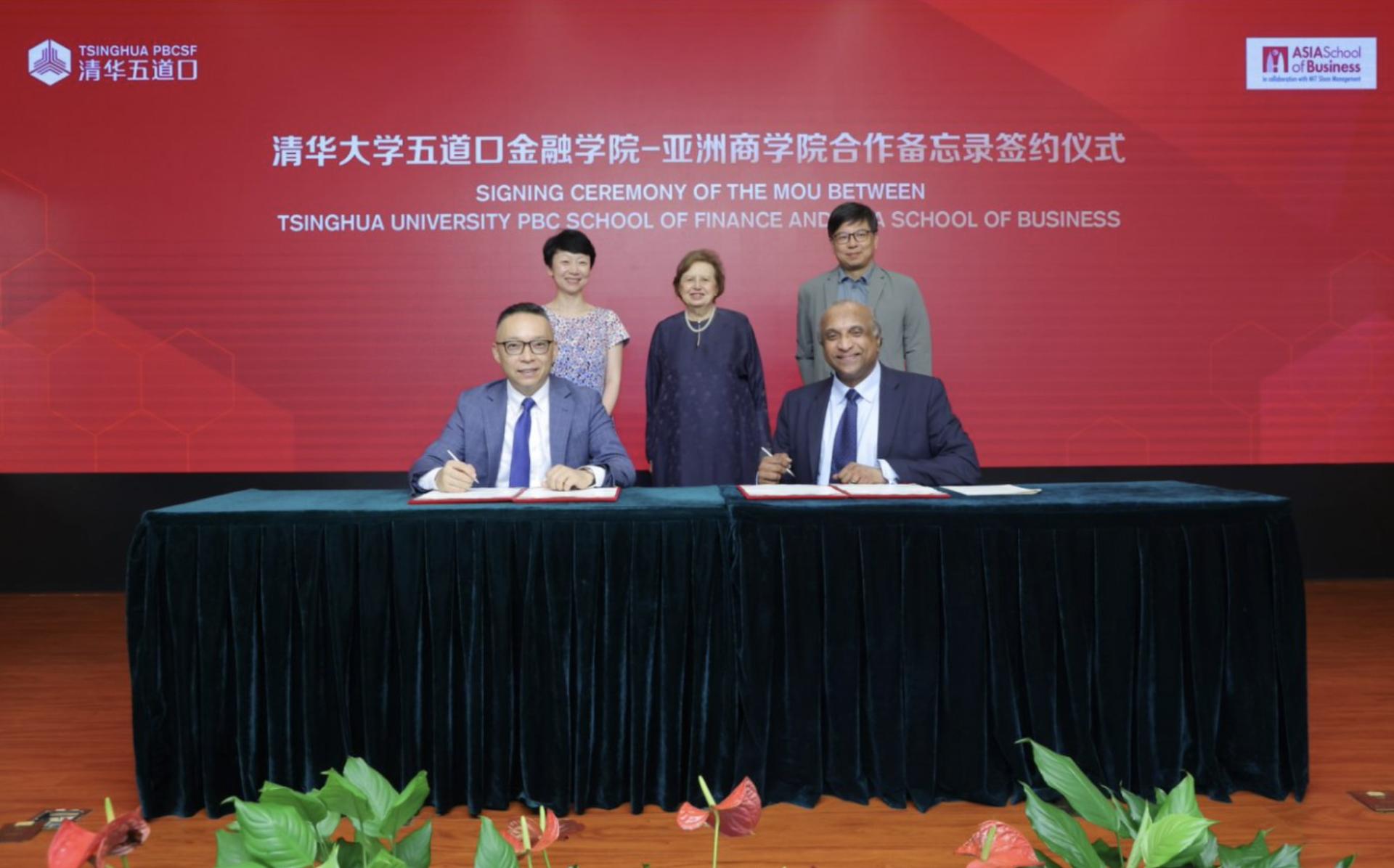To reach global environmental and social goals, such as the SDGs or the decarbonisation of the energy system, we need serious funding. Serious funding both in terms of scale (we need billions) and in terms of its source (from commercial finance). Commercial finance comes from financial institutions such as banks, pension funds, asset managers, corporates, private equity, and single or multi family offices, which together manage most of the world’s private capital.
While philanthropic or government grants can often help to start an initiative, serious funding (commercial finance) is needed to sustain and scale initiatives to the levels that society needs.
In many conversations about sustainable and social finance, the word “bankable” is often a kiss of death. “Yes, we agree this is a splendid initiative!” the bankers say, “it has great potential and would make a large impact!”, however they will wistfully add, “but it’s just not bankable!” Much gnashing of teeth and beating of chests follow.
The position of funders in these situations makes sense: they have an obligation to their investors and depositors to not lose money, and ideally, to make a steady return. They reach funding decisions by looking at certain financial metrics, typically a risk weighted return on investment. If those numbers do not look good, the project is not bankable.
Social and sustainable projects are often not bankable because they have no real business model, and because they are not setup in a way that makes sense for commercial funders. On paper, they seem far too risky.
Finding a business model
Every initiative that aims to attract commercial funding needs a business model. Many social or sustainability initiatives focus on the impact they want to make, but forget about how they will generate revenue to cover their costs.
There can be many potential streams of revenue. A nature conservation project could charge visitors. A recycling project could generate revenue by recovering materials, or generating energy. An infrastructure project could charge fees to users or residents who benefit, or generate a steady income from green mortgages extended to buyers of sustainable or energy-efficient homes. And so on. If these initiatives increase biodiversity or reduce greenhouse gas emissions, some kind of credit might also be issued and sold.
In many cases, such business models require some degree of regulatory support. Governments may need to give a concession to the project operator (charging visitors), allow parties to organise in certain ways (like a residents’ association), or they can incentivise firms to buy credits.
While gaining regulatory support may seem daunting, it is important to remember that social and sustainability projects often align with public policy goals. This makes governments more receptive to supporting social and sustainability initiatives, especially if they don’t require a budget allocation.
However, creating a viable business model is just a first step in securing commercial financing.
Speaking the language of finance
From a financial perspective, the bankability of a project depends significantly on how it is ‘structured’ or organised, and three pieces of financial theory can help understand how financial institutions think about social and sustainability projects.
The first is portfolio theory, which posits that a mix of investments, which offer returns spread out over time, is more attractive. If a project is organised so that it delivers both explicit and extrinsic benefits now and also in the future, over and above its cost of capital, it is more financially attractive. Many social and sustainability projects take too long to deliver results.
The second is real options theory, which considers that having an option to scale-down, scale-up, defer, or cancel a social or sustainability project, has a very large impact on its financial viability. Options, like an insurance policy, have positive value (‘premium’). Projects with flexibility embedded in them, and with a good ‘exit strategy’, are more financially attractive, as are projects which can scale.
Doing something for the first time is risky, and therefore investors can be reluctant to provide funding. However, once a project is successful, many investors are eager to jump in and profit margins are reduced. To induce investors to invest first, governments can also give them an exclusive ‘option’ to participate in scaling-up their solution. If an organization completes project ‘A’ first, it has the right to also complete projects ‘B’, ‘C’, and ‘D’. Such options can make the proposition to invest in project ‘A’ much more attractive.
The final theory is debt layering: while commercial investors may be unwilling to accept certain risks, philanthropic organisations and governments may be more accepting.
The first layer of potential losses could be absorbed by a philanthropic or policy investor. Such a ‘first-loss warranty’ is a form of credit enhancement that reduces the project’s downside risk and carries a positive value for investors. This could give commercial investors the assurances they need to fund the second layer of a project. This structure is beneficial to the policy investor too, because it allows them to mobilise more funding. For example, instead of spending US$1 billion directly, a guarantee of US$1 billion could lead to another US$9 billion of commercial funding.
Making it bankable
To support and scale social and sustainability initiatives, viewing them through the lens of business models and commercial finance is critically important. While bankers should understand the impact of projects better and think beyond narrow financial metrics, promoters of social and sustainability projects also need to learn the ‘language’ of business and finance if they want access to ‘serious’ funding.
Dr Pieter E Stek is a Senior Lecturer at the Asia School of Business
Professor Joseph Cherian is CEO, President, Dean and Distinguished Professor at Asia School of Business














